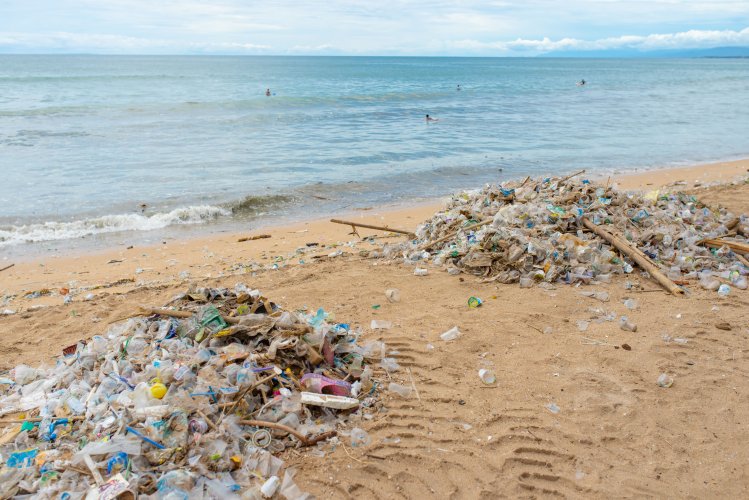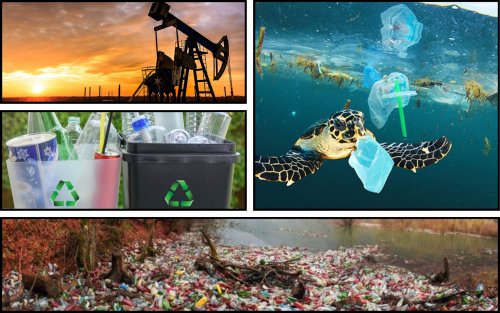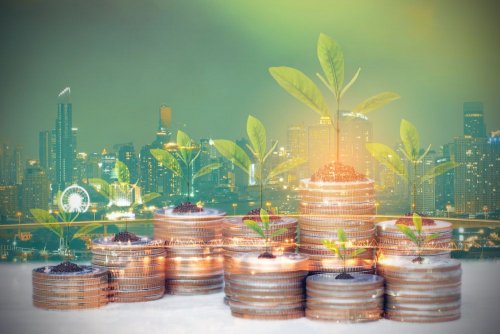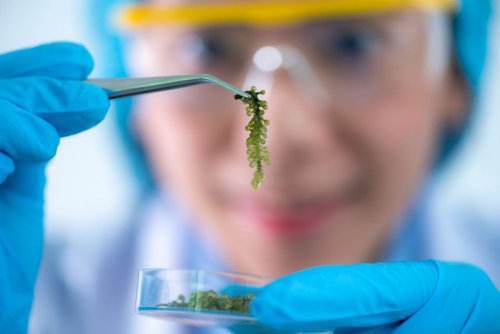The New York company RePurpose Global became one of the market pioneers of the so-called plastic neutral certificates, which has a significant risk of greenwashing.
Such compensations allow companies to call themselves plastic-neutral, while continuing to use it, reports DW.
When companies receive a neutral plastic certificate, they invest in programs to collect and recycle it.
They pay a commission to NGOs and companies in the offset plastics sector. This money is used to collect the appropriate amount of plastic from the service providers themselves or from third-party suppliers in developing countries. In some cases, plastic is also recycled.
Experts warn that it is impossible to get out of the global plastic crisis through recycling. Thus, humanity has processed only 9% of the plastic created, and its parts are found in all corners of the planet, in the bodies of animals and people.
RePurpose Global said it will not certify companies that do not share a genuine commitment to reducing plastic use and providing brands and companies with ethically recycled plastic to support 100% circular supply chains.
Alix Grabowski, director of plastics and materials science at the conservation group WWF, said it would be logical to expect products that claim to be plastic-neutral to have no impact on waste. However, this is not the case.
"I think it's misleading for a company to claim that it's plastic-neutral when its products can be found in nature," she said.
The non-governmental organization The Circulate Initiative, USA, conducted a market analysis and pointed out the clear risk of greenwashing, in particular due to lack of transparency.
So, of the 32 offset projects studied, only three make the connection between climate change and plastic consumption. After all, the entire life cycle of plastic is related to the consumption of resources, oil and energy.
Tom Zut from the environmental organization Recycling Netwerk Benelux noted that only those who do not consume plastic can be neutral towards plastic.
RePurpose Global claims to collect 7 million kg of plastic annually that would otherwise end up in the environment, used to make clothes, containers, road and housing materials. And what cannot be processed is burned for energy production in the cement industry instead of coal.
Grabowski said the marketing tools are more of a problem than the actual projects, many of which aim to improve waste management and raise wages in places most affected by plastic pollution.
“This March, 200 countries reached the first-ever consensus on mandatory rules for the production, consumption and disposal of plastic by 2024. WWF called the agreement historic," the message informs.
In the spring of 2022 California State Attorney General Rob Bonta launched a wide-ranging investigation against ExxonMobil. The oil giant was accused of knowing for decades about the dangers of plastic. ExxonMobil has also engaged in an aggressive campaign to push the myth that recycling can solve the plastic crisis.
99% of plastic is made using fossil fuels, and the industry that produces it has a vested interest in continuing to produce it. According to forecasts of the International Energy Agency, petrochemicals will soon become the biggest driver of oil demand.
ExxonMobil denies the allegations.
Earlier, Ecopolitic wrote,that the 5 biggest plastic polluters, Coca-Cola, PepsiCo, Nestle, Unilever and Procter&Gamble, called to fight against plastic pollution and move from single-use packaging to reusable and refillable systems.
As EcoPolitic previously reported, scientists discovered on the Canary Islands in the Spanish region a new type of coastal pollution, consisting mainly of oil and plastic, which has been proposed to be called "plastitar".





